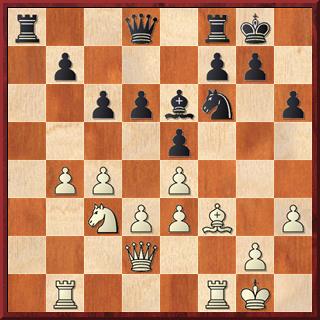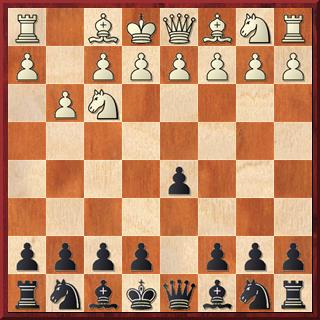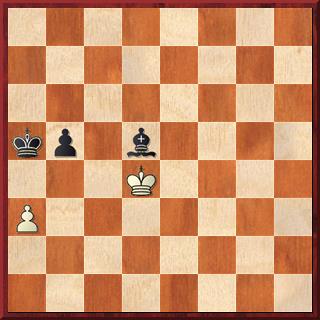When the World Championship match happens, then the place to be is there.
My first World Championship match visit was in 2018 in London and I fell in love with the experience. The whole atmosphere was magical, observing history in the making with the world’s two best players competing, in addition to discussing chess with luminaries in the VIP rooms and the media centres.
The main problem this year was the situation with the virus, as no long-term planning was possible, but I took the risk and arranged to go to Dubai for the games six to ten. It turned out I was spot on with my planning.
I arrived on the day of game six. You already know how that game ended and what it meant for the match. That day was also fenomenal for me personally as I managed to talk with the people I needed to talk to, I gave several interviews (for NBC and a couple for the Norwegian media and the studio in Oslo and the chess24 live transmission) and talked to Maurice Ashley and Alejandro Ramirez about a possible promotion of my book The Sinquefield Generation in the Saint Louis Chess Club. I ended up giving interviews every day, becoming a regular for the Norwegian media and the studio in Oslo.
From that first day onwards everything was adrenaline fueled. Most of my time was spent in taxis (the distances are huge! – they drive 100-120 km/h on the eight-lane wide motorways and you still need half an hour to get either to the Expo, where the match was played, or to downtown Dubai) but the positive energy of everybody I met there was lifting me up and keeping me there!
From a purely chess point of view, there is a massive difference experiencing the match there at the venue and from the comfort of your home. When at home I tend to be dimissive of the players’ decisions as I stare at the computer screen and the engine is too happy to criticise their moves. It’s too easy to side with the engine and forget the human aspect. At the venue, however, it is all about the human aspect.
During game six I remember how we (several GMs) were looking at the evaluation swings and even after seeing the moves of the engine we distinctly felt the difficulty of those decisions and were not really surprised when the players missed their opportunities. I felt more attuned to the players and felt more like a player than a spectator armed with an engine.
Since I spent all my time at the venue while the games were in progress I didn’t have much time to explore the Expo and in fact I only went to several pavillions. It was nevertheless an amazing experience, the best one was probably touching the moon (literally!) in the USA pavillion as they had a piece of the moon exhibited there that the visitors could touch.

Three more touristic activities I managed to do was to swim in the Indian Ocean, to go to the top of the Burj Khalifa and to go on a desert safari. I have to say that Dubai was great from a touristic aspect even though I got to experience very little of it.
Going back to the chess part, like in London I also got the chance to get on the big stage. This time I sat in the winner’s chair.

The winner was decided on that day when I arrived, but I didn’t know that back then. Now that the match is over I can say that it seemed to me that Nepomniachtchi tried to play like Karjakin and while the result was equal this worked, but when he lost a game he couldn’t readjust to his more natural aggressive instincts.
The confusion and the indecision how to continue the match resulted in lowering of his psychological defences and he reverted to faster play, which under the duress of the match led to horrendous blunders that ended the match prematurely.
I wrote a detailed account of the match with full analysis of games three to 11 for the January issue of British Chess Magazine (I analysed the first two games for the December issue). The main surprise of the match was how Black never had any problems in the openings even when just following the established theory and not inventing any new ideas. Black is so good that White has become desperate.
When I was a kid I thought I’d be one of the players playing on that stage. Life didn’t turn out that way, but I did end up on that stage, twice so far. I am definitely looking forward to more appearances in the future.
I will leave you with one fine sunset from the desert:






